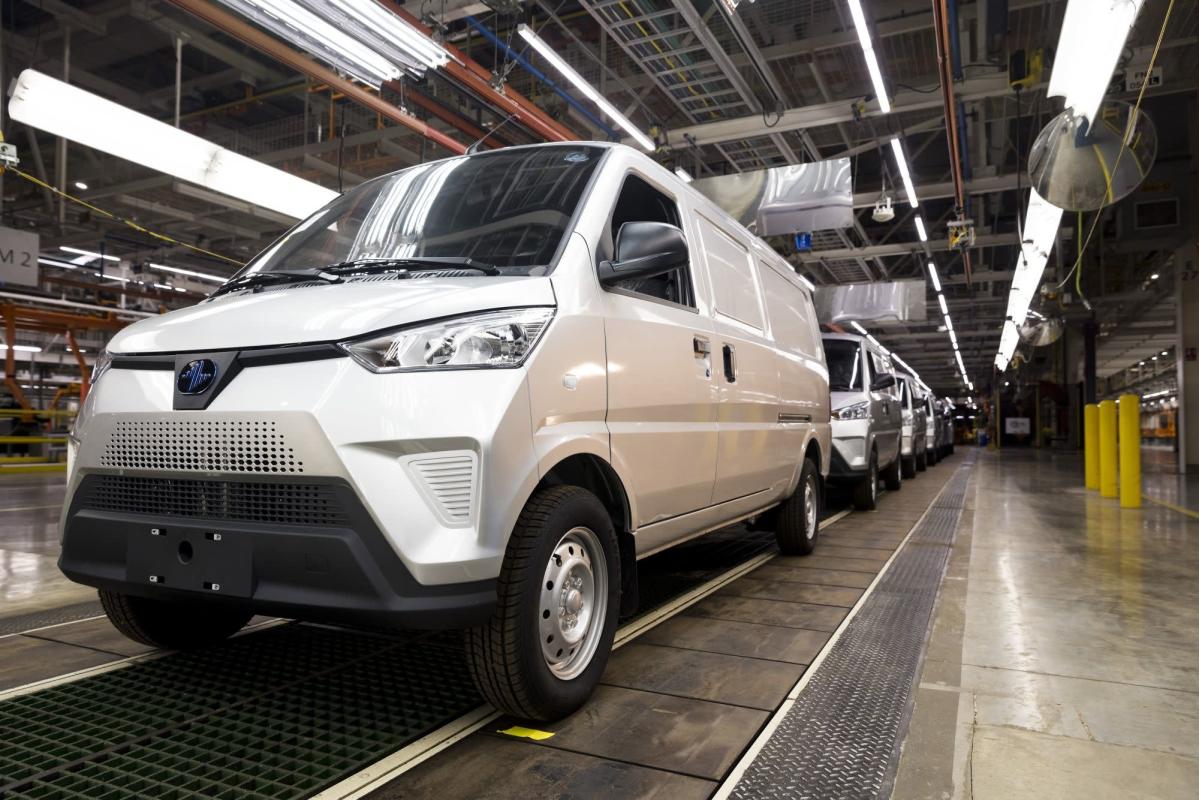Gale Hawkins
Super Star Member
- Joined
- Sep 20, 2009
- Messages
- 11,872
- Location
- Murray, KY
- Tractor
- 1948 Allis Chambers Model B 1976 265 MF / 1983 JD 310B Backhoe / 1966 Ford 3000 Diesel / 1980 3600 Diesel
This is the only TN made sub $20K EV IF one is paying $7500 in federal income tax that I know about. While this is a basic trim package it's basically what mine is after getting the new 40 KW battery.
It typically has 150 mile range so almost always a 100+ range unless you hold it on 94 MPH until it goes in Turtle Mode.
The Plus version is good for 220 miles and comes in higher trim package so it's more like $30,000 with the rebate. I would like that range because it would let me venture a hundred miles from home and get back and charge at the house. By slowing down to 35 or 40 mph you can increase the range of most EV by 30%.
My fuel cost is $0.035 per mile. Today it was $0.07 per mile because I ran the electric heat pump for a three and a half hours making a 30 Mile trip.
Today most cars and pickups will cost 10 to 50 cents per mile driven. 3.5 cents is much cheaper.
Last edited:
/cdn0.vox-cdn.com/uploads/chorus_asset/file/6296187/kqed-ca-excess-solar.png)

